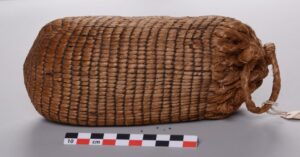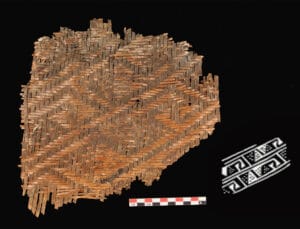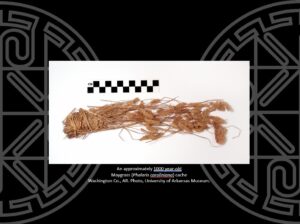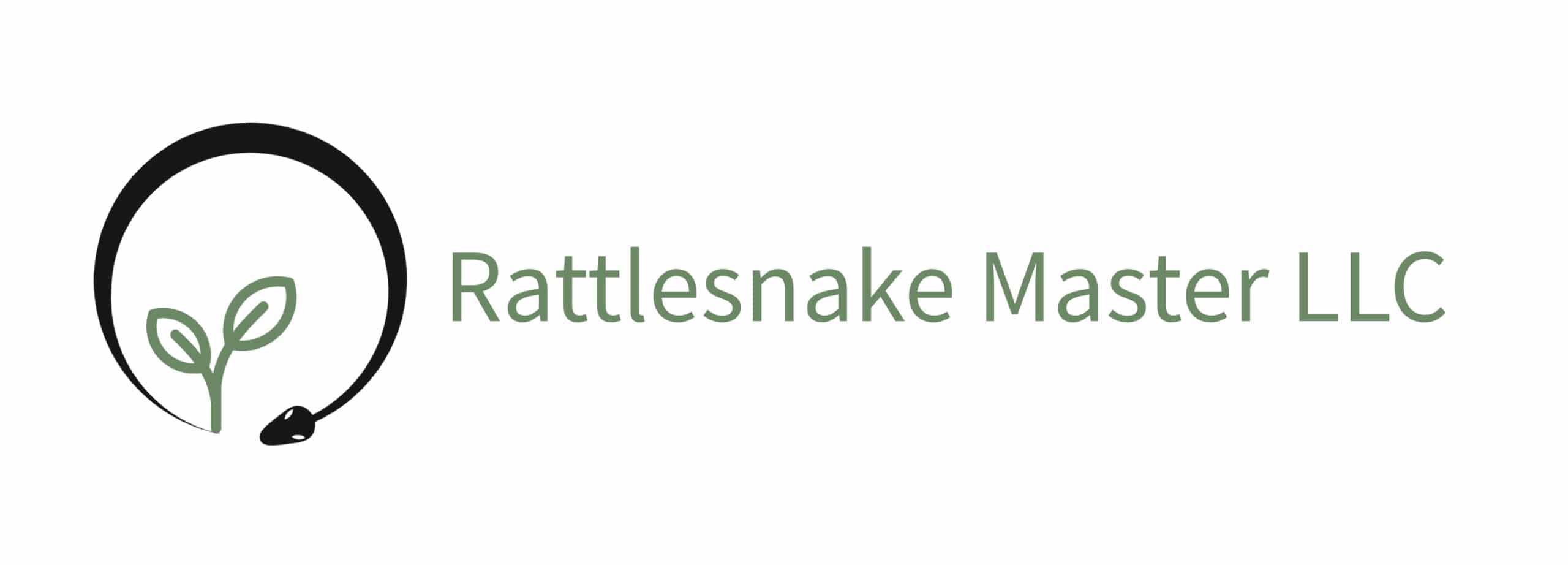Rattlesnake Master LLC also offers professional development for field and lab staff. I can work with your team to cover critical knowledge gaps and field and lab manuals and protocols, help develop best practices in sampling strategies, sample acquisition, and recordation, post-field processing and flotation, as well as handling, curation, and sample transport. I can also assist in developing public outreach programs, web content, museum exhibits, and more. Professional development and public outreach consulting contracts are per hour fee scale, contact me to discuss your project needs!
Professional Training for Field and Lab
Best Practices for Soil Sample Selection and Processing
Online or in person training on best practices for taking soil samples and processing flotation samples; learn tips and tricks for best tools and methods in taking samples, transporting flotation samples, temporary storage of unprocessed soil samples, types of flotation tanks and methods of construction, how to do bucket decanting, and more.
Best Practices in Macrobotanical Curation
Online or in person; learn how to package, store, and curate macrobotanical and other organic materials. Learn tips and tricks for temporary packing of flotation samples after processing and before analysis and more.
Field Botany for Archaeologists
Online program for identifying and dealing with poisonous plants
Public Programs and Web Content
Edens Bluff Seed Bag

Ancient Innovations: Rivercane Basketry from Cobb Cave

The First Farmers and Lost Crops of Arkansas

